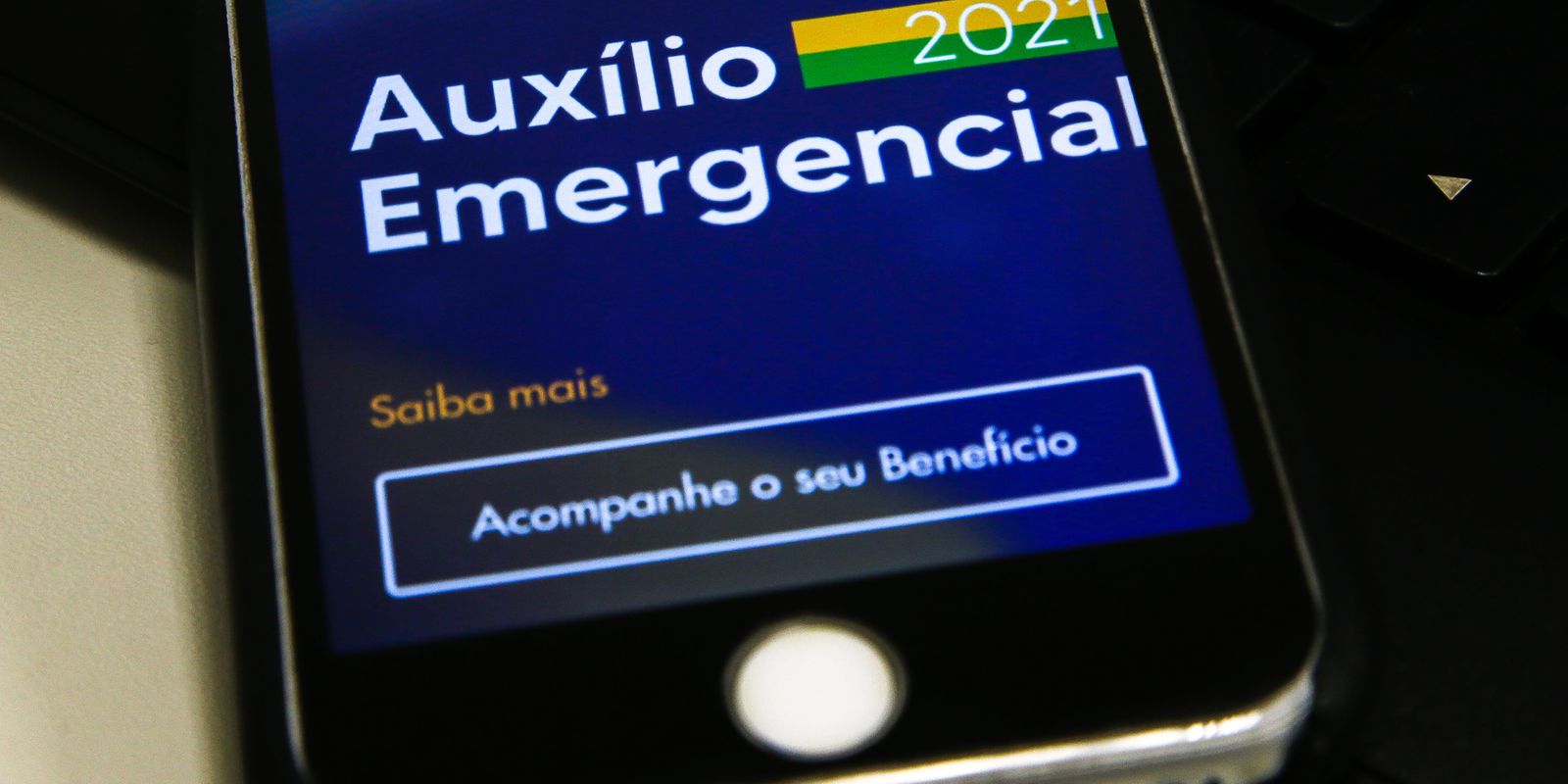Decree signed by President Jair Bolsonaro this Wednesday (9) regulates the procedure for returning funds from emergency aid benefits received improperly. The measure is valid when an irregularity or material error is found in the granting, maintenance or review of the benefit. 
According to the rules of the new decree, the beneficiary who has improperly received the emergency aid can be notified electronically, by message sent by cell phone, through the digital channels of banks, mail, in person or by public notice to return the amounts.
Upon notification, the beneficiary may choose to pay in cash or in up to 60 monthly installments. The value of the installments will not be less than the minimum value established for the issuance of the Union Collection Guide – GRU Collection. The beneficiary will be exempt from reimbursement to the Federal Government if the total amount due is equal to or less than the minimum amount established to issue the GRU Collection.
The decree establishes that the installment of the debt by the beneficiary will imply confession of the amount to be reimbursed, express waiver of the filing of appeals and withdrawal of those that may have been filed. The beneficiary who does not pay three installments, consecutive or alternating, will have the installment canceled and will be considered in default.
extrajudicial collection
If the beneficiary does not voluntarily refund the amounts due, extrajudicial collection will be made. The amounts due will only be charged if the beneficiary has a monthly per capita family income greater than half a minimum wage or a monthly family income greater than three minimum wages.
If you disagree with the collection, the beneficiary may present a defense within 30 days of notification. The administrative decision that dismisses the defense presented by the beneficiary may be appealed within 30 days.
The beneficiary will be considered in default if, after 60 days of the notification, he does not make the payment, does not request the installment of the debt or does not present a defense. Also according to the decree, the defaulting beneficiary will be registered in the active debt of the Union.
Cost
The Ministry of Citizenship estimated that the collection of amounts will cost R$ 21.8 million over 2022, 2023 and 2024. The amounts will be used in the hiring of information technology services to collect data on family and per capita income, in carrying out electronic notification, correspondence and registered letter with acknowledgment of receipt (AR); and in partnership with Correios to guarantee the rights of full defense and recourse to vulnerable people, without access to digital media, who will be served by the Citizen’s Desk.
Emergency Aid was created in 2020 to support informal workers who ran out of income amid the pandemic. The program lasted until the end of last year, when it ended.
















